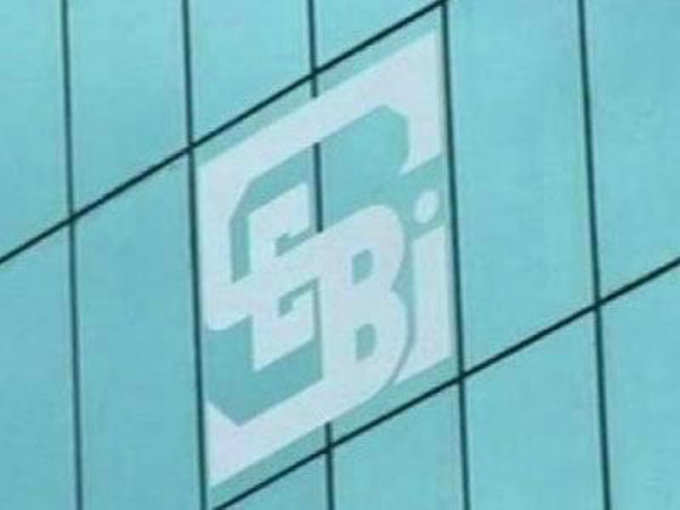
Investors will soon find it easy to apply for Initial Public Offers (IPOs) as
Moreover, the e-IPO system will reduce the total IPO investing process for investors to six days from the existing 12 days.
At present, there are various ways of submitting an application form for a public issue including applying with a cheque. This makes it difficult to reduce the post issue timelines from the 12 days from issue closure to listing and trading of shares.
The challenge with the current system is the time taken for clearing cheques of the retail investors. “The proposed e-IPO system is likely to do away with cheques and provide payments through NPCI (
If an investor makes an application through the ASBA route, the applicant's bank account doesn't get debited until shares are allotted to him. But, the system still has some challenges.
In 2008, the
In the current IPO process, implementing ASBA across the country is a challenge. For instance, if investors send ASBA forms of multiple banks, brokers find it tedious to verify all the forms with the banks and clear them within the IPO 12-day period.
"The proposed e-IPO mechanism has allowed more entities such as depository participants and registrar and transfer agents to accept ASBA forms, besides replicating the OFS (offer for sale) model. The client will make bid application and the clearing corporation will block brokers funds. Thus the whole settlement will be through the secondary market route," CEO of
SEBI is also planning to reduce the size of the abridged prospectus further and make it available electronically.
(Image: Indiatimes)